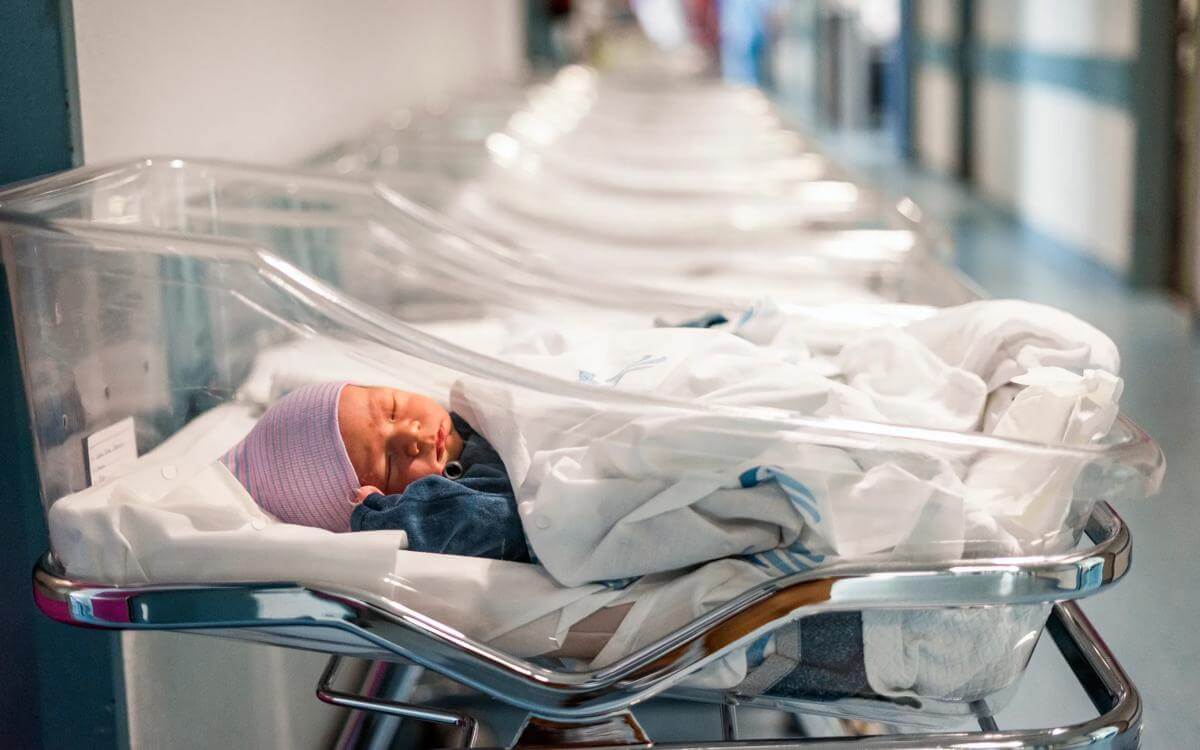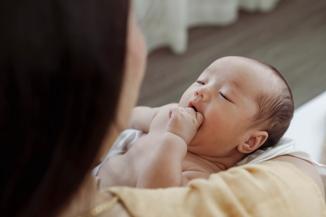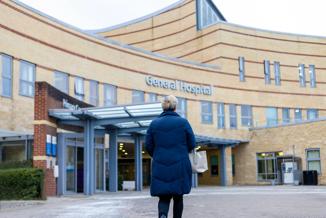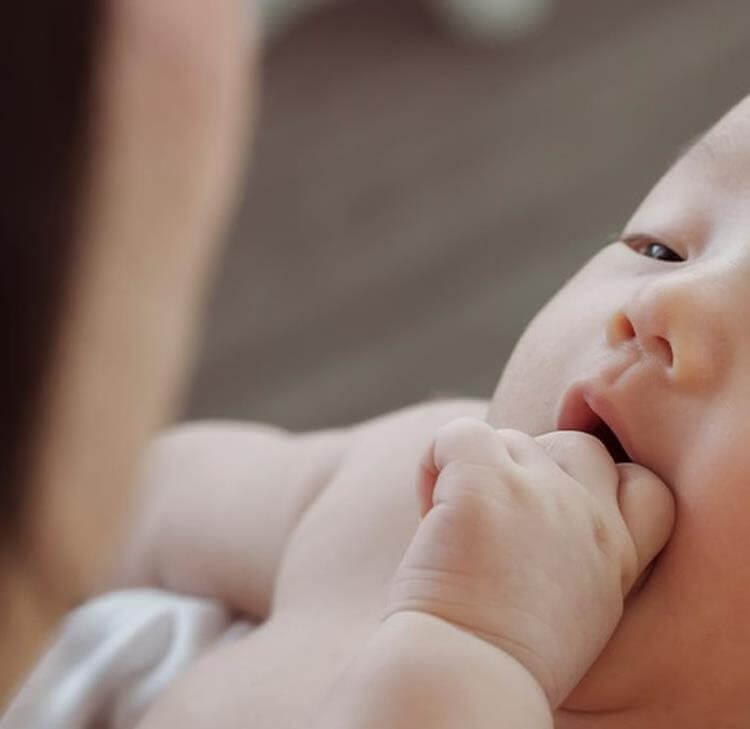Maternity matters - the ongoing journey to achieve safer care
2019 is set to be another significant year for NHS Trusts seeking to make improvements in maternity care and help realise the national maternity ambition to reduce by half the number of stillbirths, maternal and neonatal deaths and brain injuries that occur during or soon after birth by 2025.
2019 is set to be another significant year for NHS Trusts seeking to make improvements in maternity care and help realise the national maternity ambition to reduce by half the number of stillbirths, maternal and neonatal deaths and brain injuries that occur during or soon after birth by 2025.
In November 2018, the Royal College of Obstetricians and Gynaecologists (RCOG) published its Each Baby Counts (EBC) Progress Report into cases of stillbirth, early neonatal death and severe brain injury diagnosed in the first seven days of life. The findings are based on a review of 955 births in 2016 which met the eligibility criteria for the EBC programme and where there was sufficient information provided in the local reviews to draw conclusions about the quality of care. The report finds that different care might have made a difference to the outcome in 71% of cases and although it highlights that the reasons for poor outcomes are complex and multifactorial, it is significant that guidelines were not followed in 45% of these cases. Reasons for a departure from guidelines include a lack of recognition by staff of pathology, communication issues, workloads and staffing levels, local guidelines not being based on the best available evidence and gaps in training. This demonstrates the importance of ensuring staff are aware of local guidelines and understand that any decision to deviate should be justified and clearly documented.
The EBC report also highlights ongoing issues with the quality of local incident investigations. Although there have been significant improvements since the review of babies born in 2015, parental involvement remains inconsistent and still requires improvement. Indeed, in 22% of local investigations in 2016, the parents were neither involved nor made aware that an investigation was taking place.
Of course, the landscape for maternity investigations has changing dramatically over the last year or so. From April 2018, the Healthcare Safety Investigation Branch (HSIB) began to take on responsibility for investigating babies which fulfil the EBC criteria (and also direct or indirect maternal deaths in the perinatal period) replacing the local investigation process. The HSIB investigations focus on establishing the facts of what went wrong and why (looking at human and system contributory factors) rather than assigning blame but are designed to be shorter than Serious Incident reports, enabling families to know the facts more quickly. The aim is for HSIB to achieve national coverage of maternity investigations by March 2019. As of 11 January 2019, HSIB were active in 78 NHS Trusts with 206 independent safety investigations underway and as these reports are completed, it will be interesting to see how the HSIB reports differ from the local investigations previously undertaken by Trusts.
Alongside the HSIB investigation, Trusts are also required to notify NHS Resolution of all maternity incidents of potentially severe brain injury in line with the EBC criteria within 30 days under the Early Notification scheme. This is to enable any potential liability to be investigated proactively and reduce the time between incident and resolution, ensuring that families are provided with a meaningful apology and, in appropriate cases, compensation to help fund, amongst other things, the care needed for their child. Under the Early Notification scheme, Trusts are encouraged to be open about incidents and candid with families so that they are aware of the investigation and understand the basis upon which any admissions of liability are subsequently made and help prevent any further distress.
In light of the NHS Resolution Early Notification scheme and HSIB investigations, we anticipate that communication with families about the investigation process in these cases will have improved further. However, our experience is that there is varied practice by Trusts in terms of how they are approaching the conversations with families and in these circumstances, it is more vital than ever that front line-staff are provided with the skills needed to enable them to have the right conversations at the right time.
If you are interested in the issues raised in this article, you may also be interested in our maternity forum which we are running in partnership with NHS Resolution at our Birmingham office on 5 March 2019. The forum will provide Trusts with an opportunity to hear from NHS Resolution about:
- The Early Notification scheme and, in particular, the approach Trusts need to adopt to manage these cases, including the conversations that should be had with families about the investigation process; and
- The maternity incentive scheme and how you can improve performance in terms of meeting the 10 actions under the scheme to improve care and enable recovery of the contribution to the CNST maternity incentive fund and also a discretionary share of any unallocated funds.
If you would like further details about this event, please contact Amelia Newbold - 0115 908 4856 or amelia.newbold@brownejacobson.com
Contact

Amelia Newbold
Risk Management Lead
Amelia.Newbold@brownejacobson.com
+44 (0)115 908 4856








































